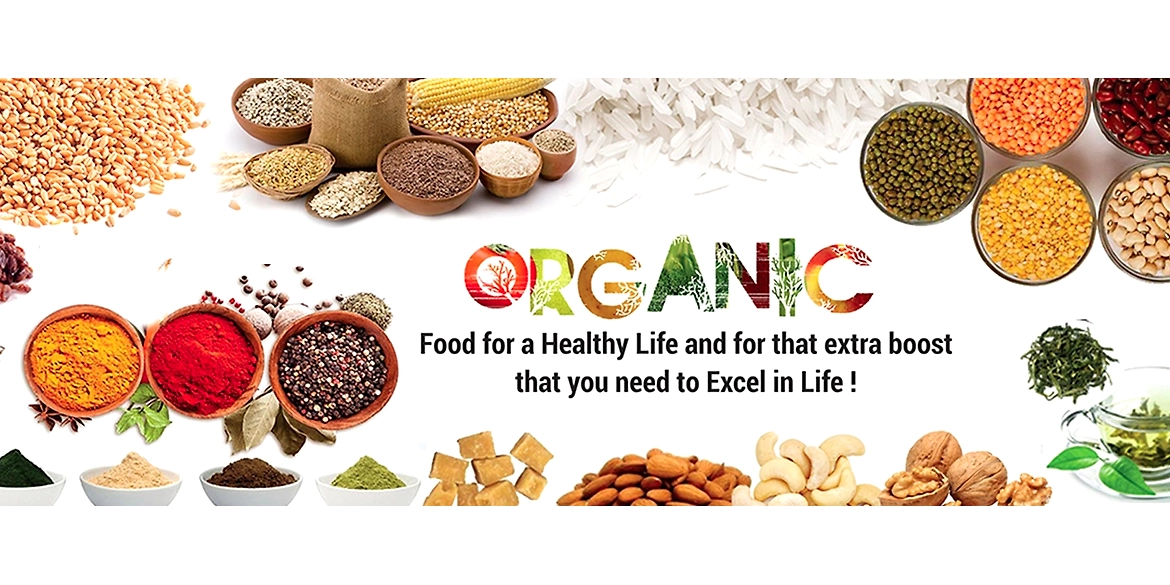Green Blossom is an online organic food store offering online organic groceries & every thing that your Kitchen needs. Its an organic website offering platform to buy online organic food and buy organic products and offering the choice to custom...
- (+91) 8956504151
- shamrendra12@gmail.com
- H.No.2896,Gala 16,18, Gr. Flr, Bldg C, Vrindavan Complex, Opp.Satyam Petrolpump, Sonale Village Bhiwandi, Thane, Maharashtra, India. 421302
© 2020 green blossom agritech ventures private limited. All Rights Reserved


Post covid era, there has been a growing trend towards adopting a healthier and more sustainable lifestyle, leading many consumers to choose organic products over conventional ones. While the benefits of organic products are widely acknowledged, one aspect that often raises eyebrows is their higher cost. If we dig deeper, the higher cost is mostly a function of processes involved rather than any man made intervention which is very very important for all of us as a consumer to be aware about ...
i) Lower yields & higher costs: As farmers shun the conventional use of fertilizers & pesticides as they adopt organic farming , a genuine drop in yield per hectare is experienced resulting in costs increase . This drop in some cases goes beyond 30% which directly gets built in the prices. Additionally, the need for manual weeding and pest control increases labor costs.
ii) Stringent Certification Process:To be labelled certified organic, farmers has to adhere to strict certification regimen in line with laid down guidelines by govt. resulting in annual certification cost which adds to the product cost.
iii) Natural Inputs and Slow Growth Rates:Use of natural inputs such as organic fertilizers and compost in organic farming takes longer to break down and release nutrients compared to their synthetic counterparts. This, coupled with absence of growth hormones and genetically modified organisms (GMOs), results in longer crop cycle which means higher costs for farmers, affecting the overall affordability of organic products.
iv) Local Cultivation Method: The scalability of organic farming is restricted due to local cultivation method impacting the efficiency & cost unlike conventional farming which utilizes advanced technologies for higher yields.
v) Shorter Shelf life: Conventional farming uses many techniques including preservatives and cling films for longer shelf life. Organic food products gets spoiled faster without these treatments risking supply chain & logistic related losses which again gets built into the product cost.
vi) Lack of Subsidy & economies of scale: While there are strict guidelines to be adhered, there are no special incentives for farmers engaged exclusively in organic farming unlike conventional farming where farmers enjoy better economies of scale and subsidies related to scale of farming. These ground realities impact the price of organic food products adversely.
With all these limitations , organic farming is catching up across the country driven by growing awareness ,acceptance & demand of food products which supports human health as well as health of mother earth. Every % increase in demand & production of organic food products is only going to support rationalisation in prices of organic food products as we go ahead ... !!
Get Quote
Download cart items as a formal quotation
-
Step 1:
Add items to the Cart
-
Step 2:
Go to My Cart Page
-
Step 3:
Download Quotation


